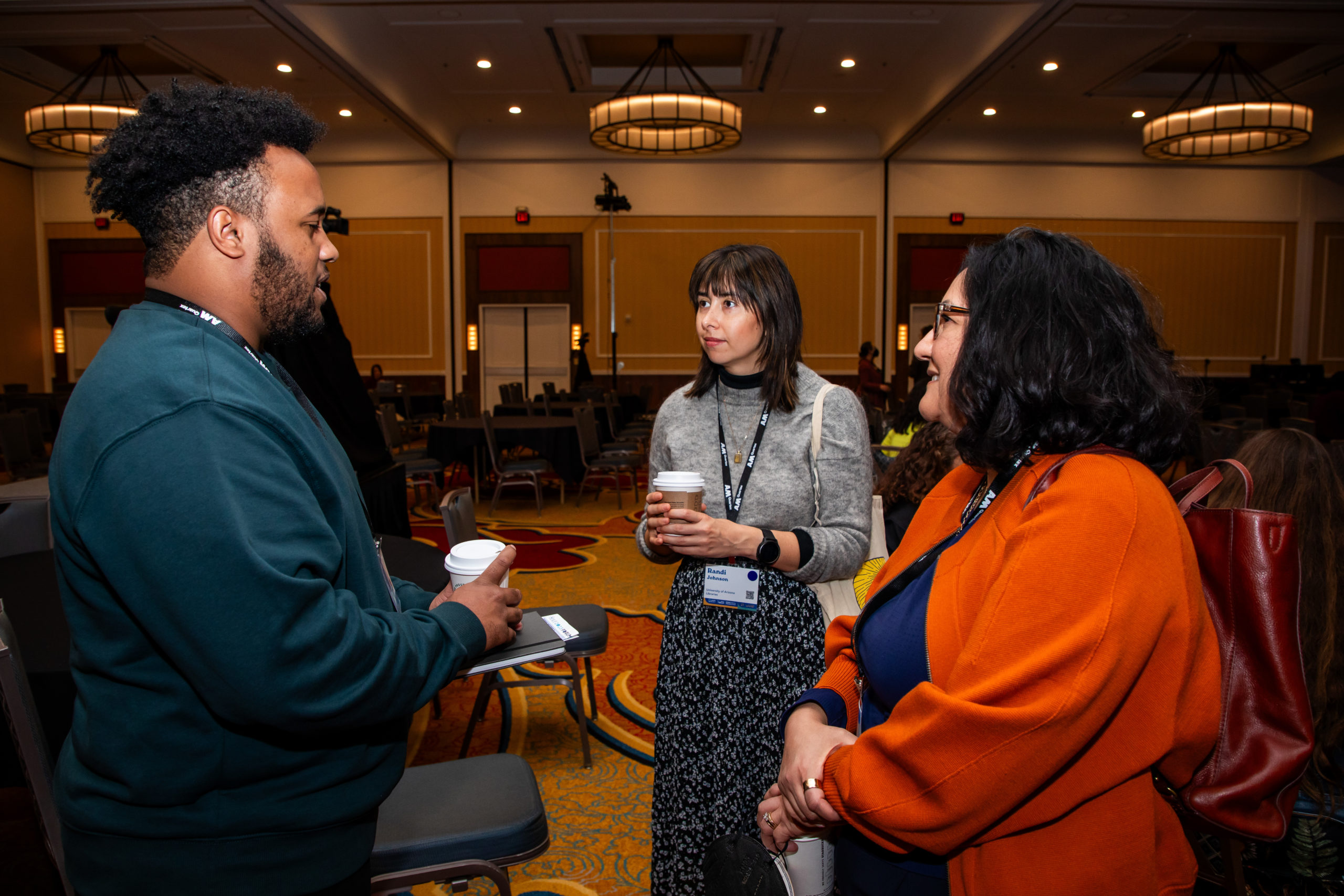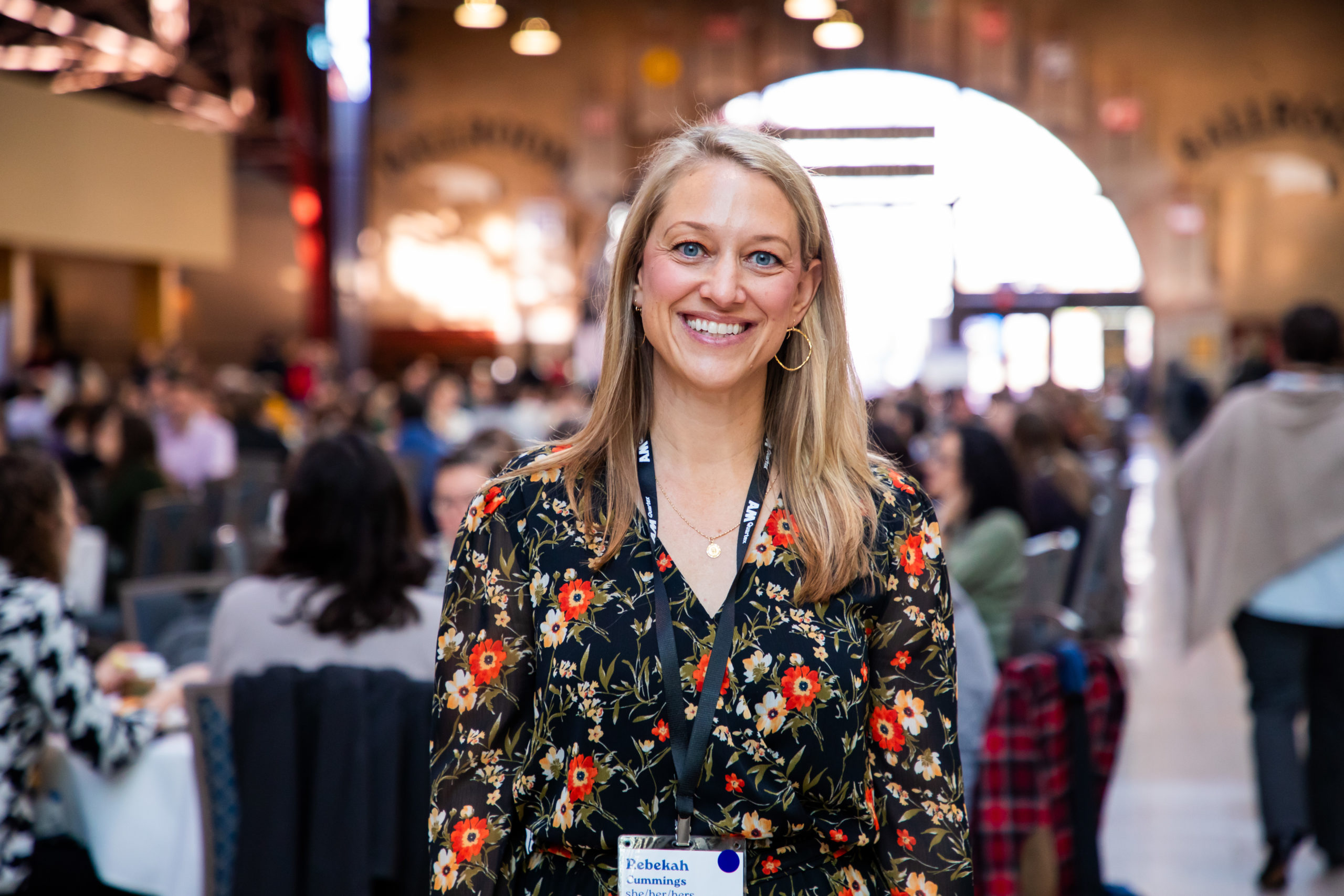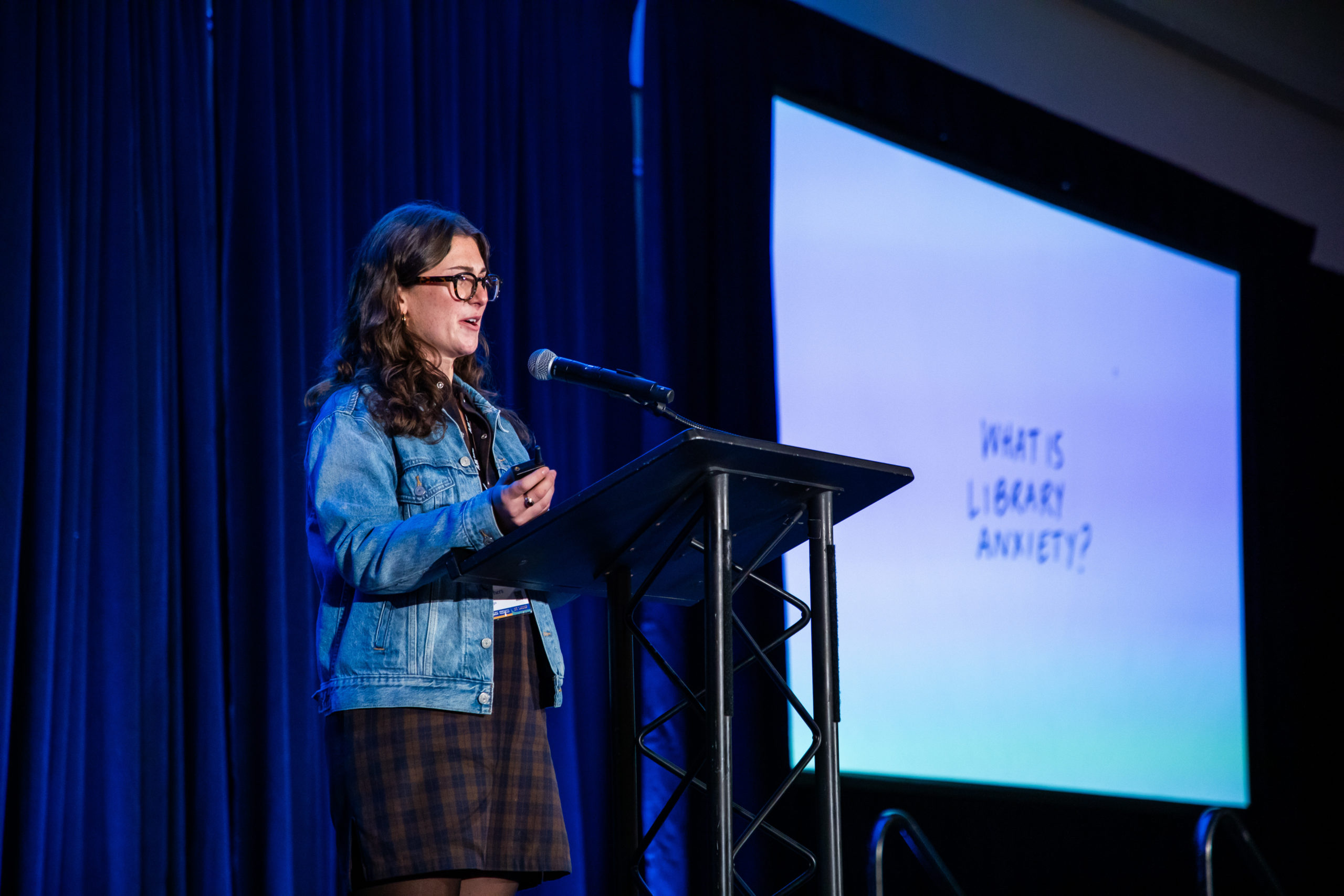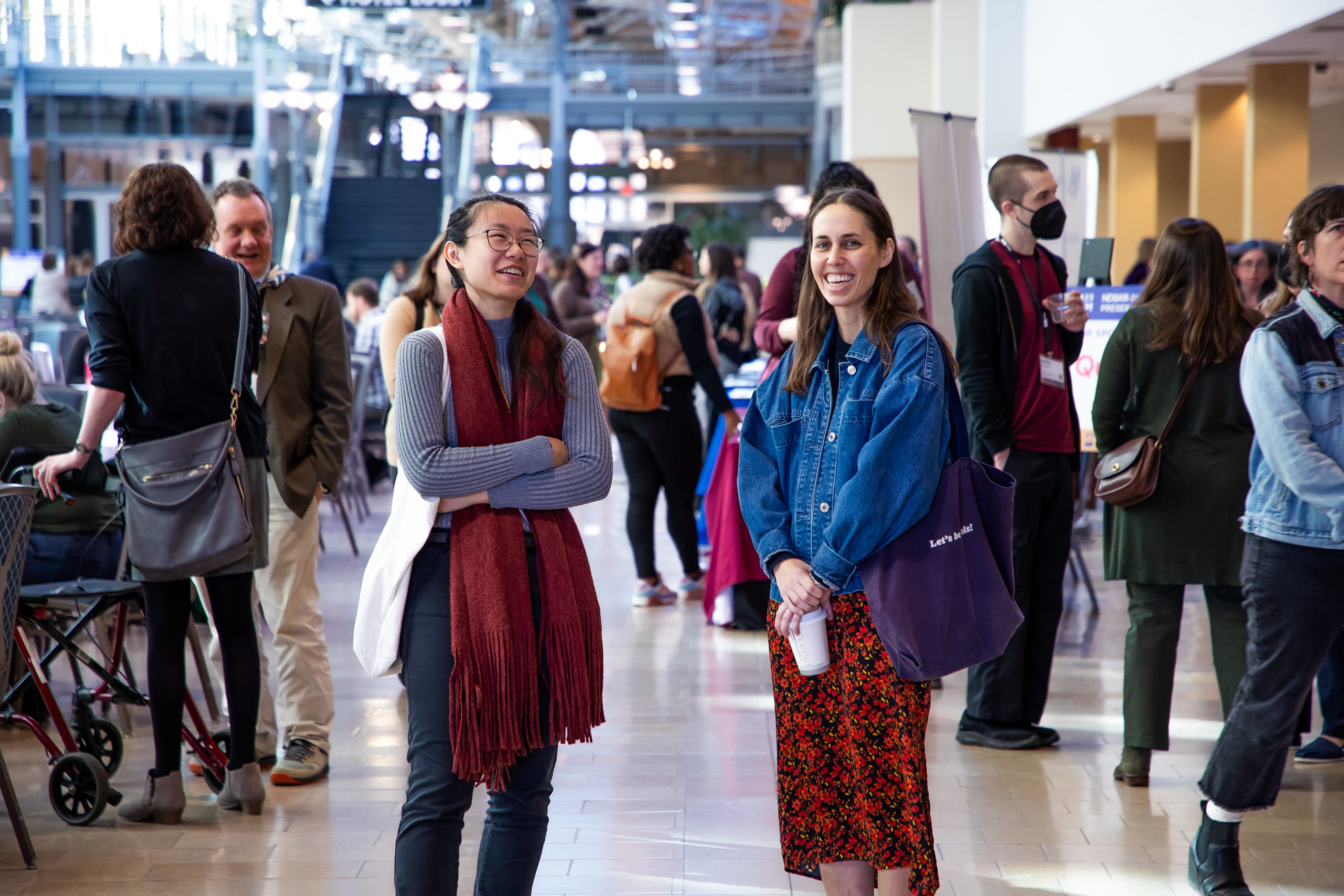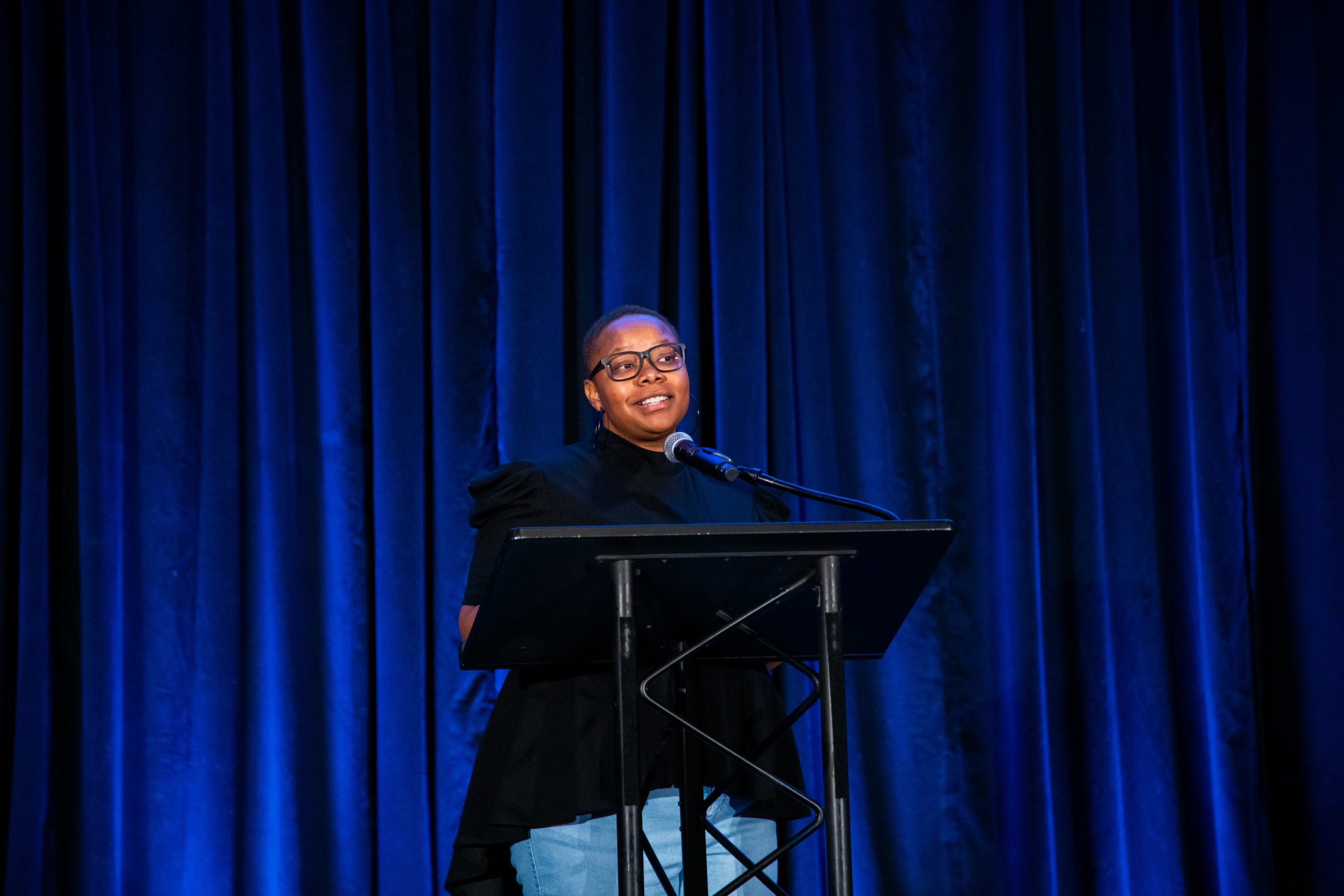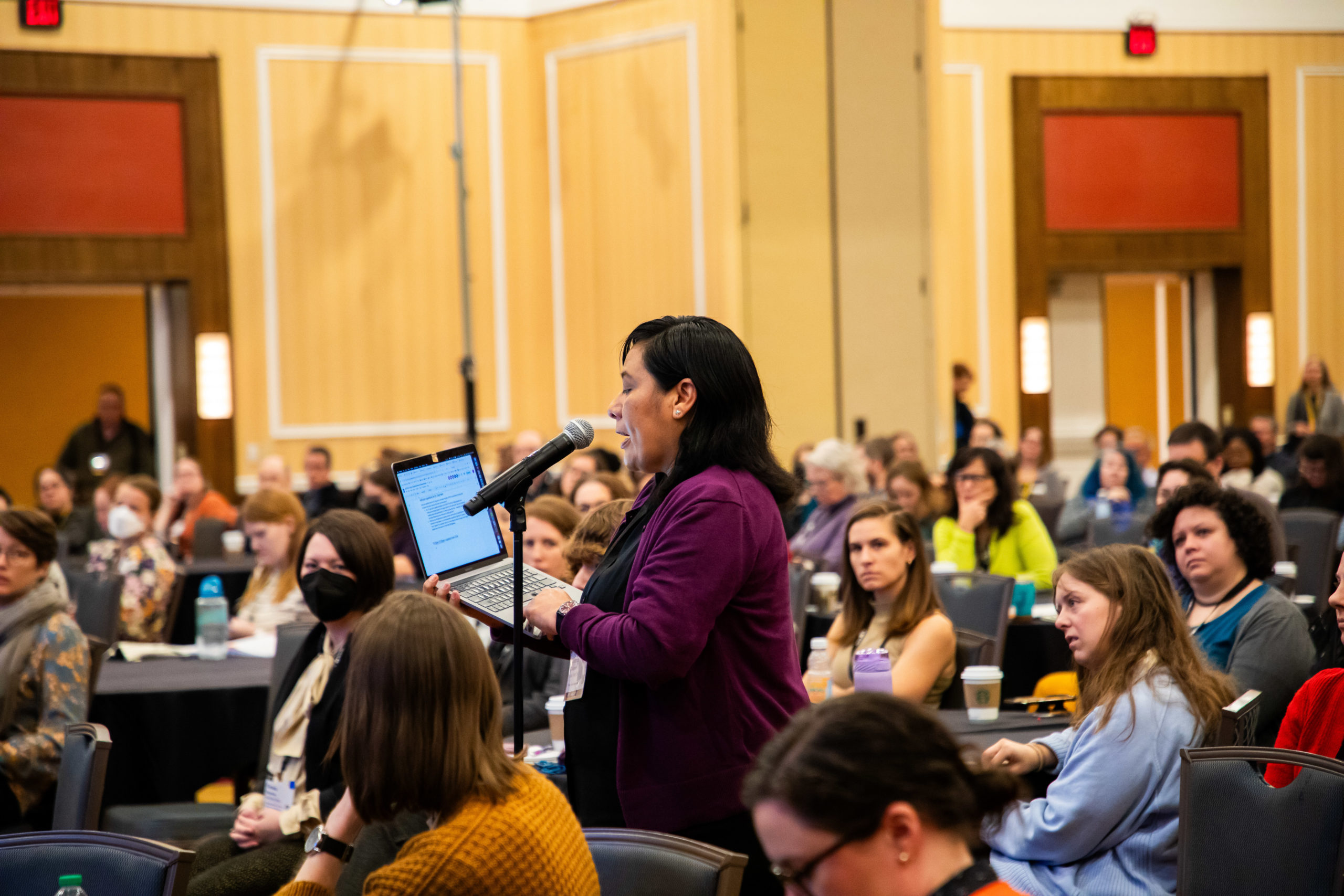last updated january 2024
DLF Forum Conference Session Evaluation Rubric
How this rubric is used: Team DLF releases a Call for Proposals (CFP) for the DLF Forum or other events such as Learn@DLF. Submissions in response to our call are peer-reviewed. Reviewers use this rubric to rate each proposal based on the values listed in our call.
